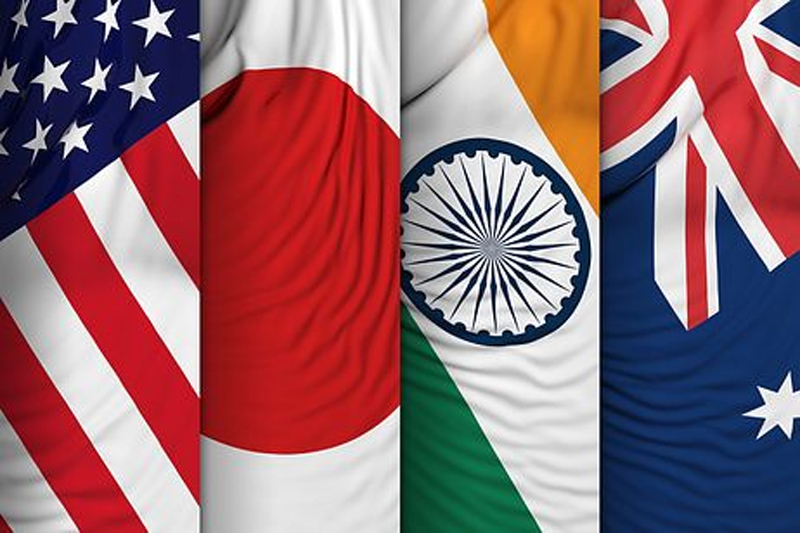Formed in 2007, the quad has been in the limelight for various reasons, but the primary focus of this tie-up between the U.S., Japan, Australia, and India has been to checkmate China. The aggressive Chinese policy of inch-by-inch progress has been a matter of grave concern for its neighbouring countries; in fact, China is in dispute with 13 countries at this juncture. Some countries, like Tibet, had been overrun by China in the past, and the latest on the list is Taiwan. The Indo-Pacific region will be the future flash point, as the focus is on its peace, stability, and growing prosperity. India has been bearing the brunt of terrorism for almost four decades, and until 9/11, terrorism for the rest of the world was just a dictionary word and nothing else. With one attack on the USA, the dynamics of terrorism changed forever. Pakistan has been supporting terrorism and using this as a state policy. Despite the UN Security Council’s 1267 sanctions committee declaring numerous terrorists and various organisations as designated, Pakistan has been supporting them with impunity, and China is an active accomplice of Pakistan, bailing out sanctions against it by using veto power, raising stumbling blocks against nominated terrorists, and providing financial and military support to Pakistan to keep its breeding factory of terrorism intact. China has been consistently playing dirty politics with India. While India’s border with China in official documents is 3,488 km, China shows only 2,000 km as it considers Askai Chin and many other places as its territory. Except for the middle sector border of Himachal and Uttarakhand with China, the western sector and eastern sector have many disputes. The western sector is from Ladakh to Tibet via the Kunlum mountain range to Karakoram Pass. The authentic 1842 Treaty signed by Maharaja Gulab Singh, Lama Gurusahib of Lhasa, and representative of the Chinese Emperor, further modified in 1897 as the Johnson-Ardgah line, is the basis of India’s claim on Aksai Chin as the successor of British India and China in its official documents accepted even after independence. The rest is history: Pakistan and China collusively developed the Karakoram Highway, now the CPEC Corridor, with numerous new settlements. The latest unprovoked clashes at Galwan, Doklam, and many other places are a matter of serious security concern for India. Similar aggression policies are being adopted by China in the East and South China Seas-unilateral actions that seek to change the status quo or increase tensions. The world is concerned about the pervasive and labyrinthine tactics of China, and it cannot be just a mute spectator. The Quad Platform is proactively ensuring member countries take on this threat head-on.
The world has accepted the Indian version of terrorism, and the setting up of the Working Group on Counter-Terrorism is a great diplomatic victory. It is indeed a matter with grave repercussions, as terrorists’ have adapted emerging and evolving technologies such as unmanned aerial systems and the internet. No place is safe, and the whole security establishment of the world is under undue stress to safeguard their countries against such threats. India has been raising the issue of collective responsibility to name, shame, and isolate countries that support terrorism. No money for terrorism has been the battle cry of India in its war against terrorism, and the whole world is now realising the importance of this. India has been at the centre of backdoor diplomacy on every vital issue concerning world peace and is playing its role perfectly. The nuclear neighbour Pakistan is heading to be a failed state and China is under the world scanner. The G-20 presidency has raised the stature of India, and the world has recognised the emerging and surging Indian influence on the world forum. This is India of the 21st century, striving to be Vishwa Guru by its deeds, not by aggression.
Trending Now
E-Paper


